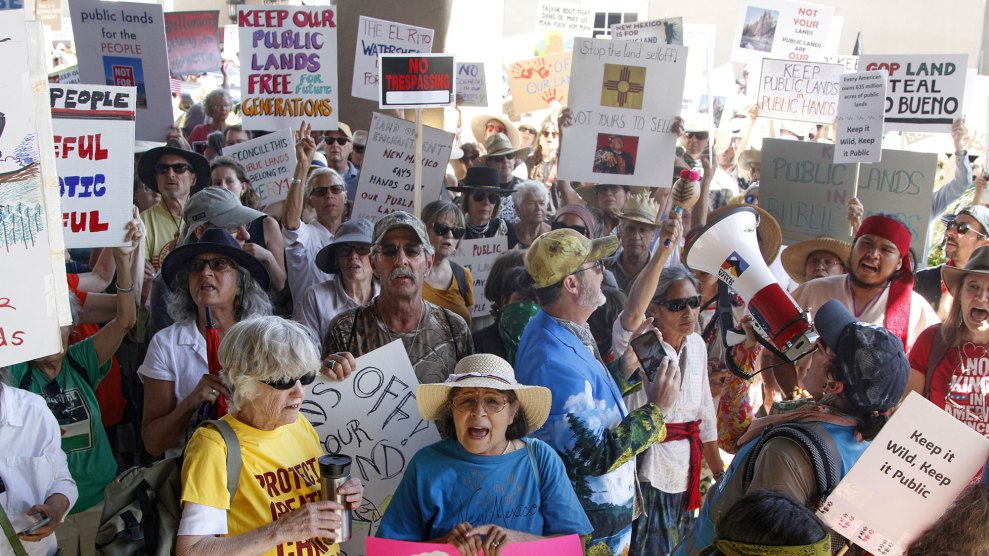Eight campaign finance reform and watchdog organizations sent letters to John McCain and Barack Obama Wednesday asking them to identify exactly how much each of their bundlers has raised.
Bundlers are the closest thing to fat cats in today’s fundraising landscape. Each individual can only donate $4,600 to a presidential candidate ($2,300 in the primary and $2,300 more in the general, if the candidate is declining public funds), but a bundler can lean on all of his contacts to put together hundreds of other people’s donations, thus delivering anywhere from $50,000 to many millions to the candidate.
For that kind of money, a donor can expect some influence.
And that’s why the eight groups — Campaign Finance Institute, the Center for Responsive Politics, Common Cause, Democracy 21, the League of Women Voters, Public Citizen, the Sunlight Foundation, and U.S. PIRG — are asking McCain and Obama to make public how much bundlers collect.
This isn’t really an unreasonable request. According to the reform group Public Citizen:
In 2004, Bush provided the names and states residence of bundlers who raised $100,000 (called “Pioneers”) or $200,000 (“Rangers”). The information was displayed in an obvious place on his campaign Web site and appeared to be published promptly. Kerry provided lists of bundlers who raised at least $50,000 or $100,000.
And indeed, the Obama and McCain campaigns are already halfway to compliance. The Obama campaign puts the name of every bundler over $50,000 on its website. Occupations, states of residence, and specific amounts raises are missing, however, and the list is not easily accessed from the campaign’s homepage. Moreover, the largest category is “over $200,000.” Considering that Obama will soon be meeting with fundraisers who bundled over a million for Hillary Clinton, said Democracy 21 President Fred Wertheimer, the $200,000 cap seems “quaint.”
John McCain, who has inherited a number of George Bush’s fundraisers, also discloses his bundlers. Cities and states of residence are included, but occupations and specific amounts are not. The highest category is “$250,000 or more.”
But the good government groups want more. Both the McCain and Obama campaigns have set up joint fundraising accounts with their respective national parties. Currently, a large donor is invited to write a single check to that account, with party staffers distributing the money. Each donor can give $28,500 a year to the DNC or the RNC, and $10,000 more to each individual state party. There is, however, a $65,500 overall cap on the donations given to state and national parties in a each two-year cycle.
That means a single donor can cut a $60,000 check, with $2,300 going to Obama and the rest being distributed around the party at the party’s discretion. A bundler with a number of big-money contacts could bring millions and millions of dollars in these large checks. The groups writing to the campaigns today want the names and amounts collected by any such people.
If there were ever two presidential candidates who would take a request like this one seriously, it’s the two we have now. Both are among the very small portion of their parties that care about reform, and while they have at times wavered in their commitment to transparent and open government, they are as likely to acquiesce to this request as any politicians in America.















